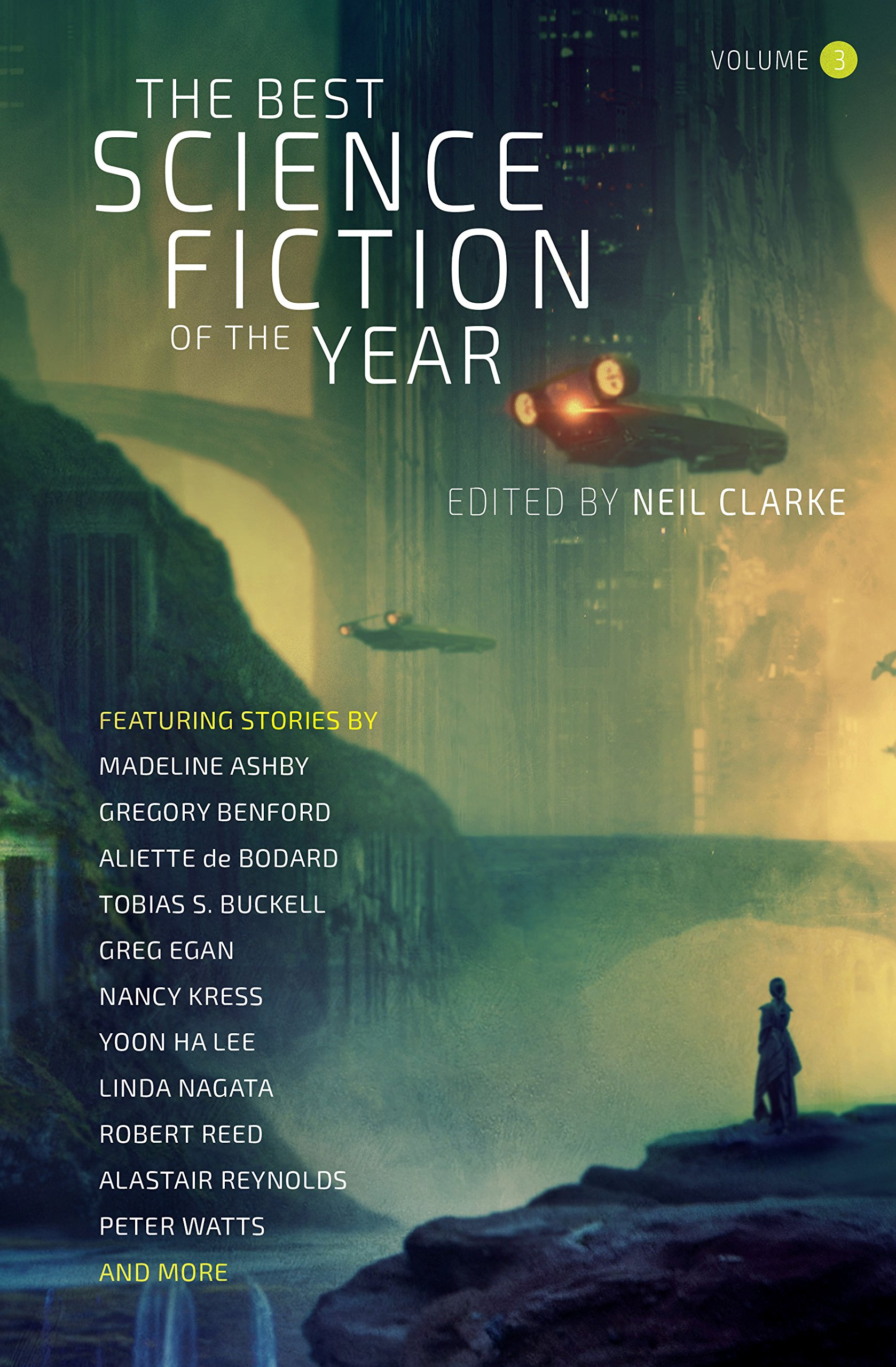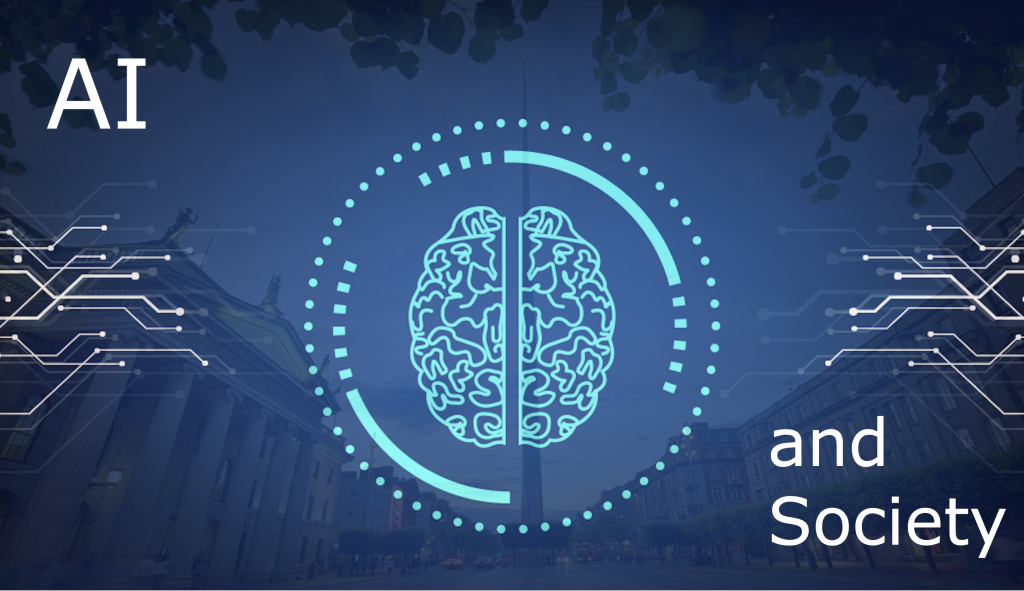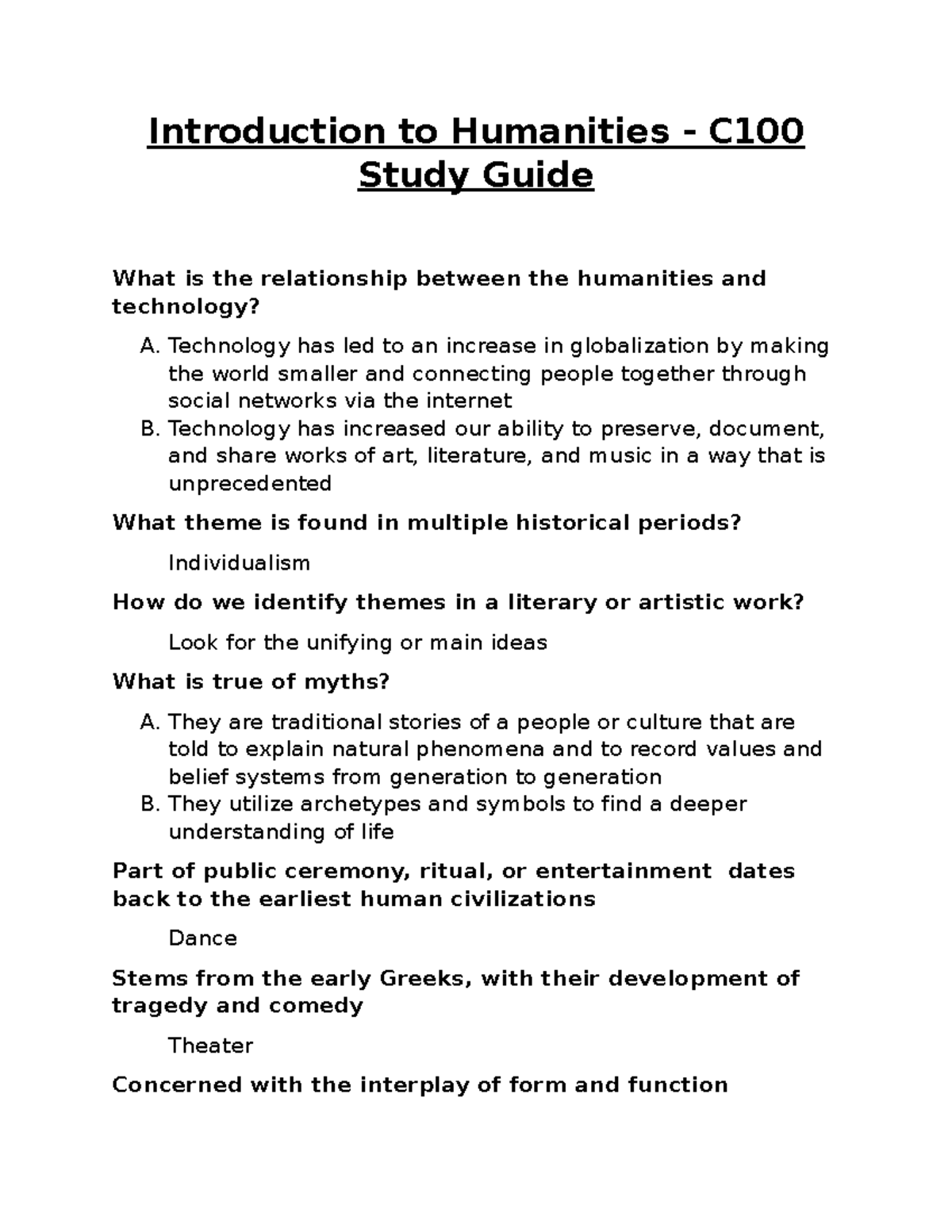Science fiction books have captured the imaginations of readers for generations, exploring the intricate relationships between humanity and technology. These literary works often provide profound insights into pressing issues such as artificial intelligence, the ethics of censorship in fiction, and our collective humanity. With the rise of AI and literature, sci-fi novels more than ever offer a platform for reflecting on our future and what it means to be human. From cautionary tales about technological misuse to thought-provoking narratives about books and knowledge, the best sci-fi novels challenge us to think critically about our society. For those seeking science fiction recommendations, these stories can be both entertaining and enlightening, beckoning readers to consider the paths we may forge or avoid in our quest for progress.
Fiction set in futuristic or alternate realities, commonly referred to as speculative fiction, offers a unique lens on contemporary issues and human behavior. Within this genre, narratives often delve into themes surrounding technological advancement and its implications on society, prompting discussions about the moral and ethical responsibilities that come with such innovations. Books that tackle the complexities of AI, the impact of censorship, and the exploration of what it truly means to be human provide an enriching reading experience. Recommendations for intriguing titles in this literary realm reveal layers of insight that can help us navigate the uncertain landscapes of tomorrow. Engaging with these transformative tales invites readers to reflect deeply on the intersection of technology and humanity.
Exploring the Impact of Science Fiction on AI and Humanity
Science fiction has become a powerful lens through which we can examine the implications of artificial intelligence on humanity. Novels like ‘Blindsight’ by Peter Watts peel back the layers of our understanding of consciousness and intelligence, urging readers to confront the unsettling reality that the essence of what makes us human could be an evolutionary mistake. As we grapple with advances in AI, these thought-provoking narratives encourage us to reflect on our place in a rapidly changing world. They challenge us to think critically about the technologies we develop and the ethical implications they carry, prompting a much-needed dialogue on the future of human identity in the shadow of machines.
Moreover, books such as ‘A Rover’s Story’ by Jasmine Warga illustrate the potential for AI to impact our emotional landscape. The story follows a Mars rover that sparks a unique connection with its human operators, raising questions about the nature of companionship and the human experience. As AI becomes more integrated into our lives, science fiction literature provides a fertile ground for exploring our fears and hopes about technology. These narratives serve not only as a cautionary tale but also as a catalyst for discussions about empathy, creativity, and the characteristics that define humanity in an age of artificial minds.
Censorship in Fiction: A Reflection on Control and Freedom of Expression
Censorship in science fiction is a theme that resonates deeply, particularly in works like ‘Fahrenheit 451’ by Ray Bradbury. This poignant narrative serves as a stark reminder of the dangers presented by the erosion of intellectual freedom and the suppression of dissenting ideas. Through the lens of a future where books are banned, Bradbury critiques the alarming tendencies of society to prioritize distraction over knowledge. As we navigate the complexities of information control in our digital age, the themes presented in this classic become increasingly relevant, raising important questions about the interplay between technology and individual autonomy.
Similarly, Han Song’s ‘Exorcism’ provides a profound commentary on the impact of censorship on creative expression. Although much of Song’s work faces government restrictions, the strength of his narratives lies in unmasking challenging realities faced by individuals under oppressive regimes. By exploring themes of decay and resilience, Song’s storytelling echoes the struggles many face in asserting their voice amidst silence. These works highlight the necessity of protecting artistic freedom and the cultural narratives that emerge from diverse perspectives, reinforcing the idea that literature can serve as a form of resistance against authoritarianism.
Best Sci-Fi Novels That Challenge Perceptions of Reality
In the realm of science fiction, certain novels stand out as essential reading for those interested in exploring unconventional narratives that push the boundaries of reality. ‘Solaris’ by Stanislaw Lem encapsulates this exploration through the lens of scientists attempting to communicate with an oceanic planet that appears to possess its own intelligence. The challenges these characters face force readers to confront the limits of human understanding and the profound mysteries of existence. This novel illustrates how science fiction can serve as a reminder of our own ignorance in the face of the cosmos, elevating our appreciation for the unknown.
Additionally, ‘A Rover’s Story’ adds a contemporary twist to the discussion about reality and our connections to technology. As the story unfolds, the rover’s quest on Mars becomes a metaphor for the emotional distance and connections we share with machines. This narrative invites readers of all ages to consider how technology mediates our relationships, reflecting the complexities of human interaction in an era where AI is on the rise. Together, these novels reflect the rich tapestry of science fiction literature, highlighting its capacity to challenge status quo perceptions while igniting discussions about our shared reality.
The Role of AI in Shaping Future Narratives
As artificial intelligence continues to evolve, its role in literature and narrative structure cannot be understated. Works like ‘Blindsight’ by Peter Watts showcase the consequences of creating intelligent machines and the potential disconnect that arises between human and non-human intellects. These narratives not only highlight the intricacies involved in our relationship with AI but also provoke thought about the ethical implications of these advancements. The speculative nature of science fiction encourages readers to critique current technological trajectories and to envision meaningful futures informed by our choices today.
Books such as ‘A Rover’s Story’ further exemplify how AI can enhance storytelling by allowing audiences to connect emotionally with inanimate objects. As the protagonist rover develops a semblance of personality and emotion, we are prompted to reflect on what it means to be truly alive in a world increasingly populated by artificial beings. The intertwining of AI and storytelling opens up new dimensions of understanding, enrichment, and engagement within literature, emphasizing the importance of narrative devices that resonate with human experiences. In this way, science fiction not only entertains but also prepares us for the challenges posed by the ongoing integration of technology into our lives.
Books About Humanity: Navigating Our Complex Existence
The exploration of what it means to be human is a central theme in many iconic sci-fi novels, each providing unique insights into our existence. ‘A Rover’s Story’ exemplifies this by portraying a Mars rover that becomes increasingly aware of the emotional depth and complexities of its human counterparts. Through this portrayal, the novel raises important questions about consciousness, identity, and the essence of what makes us human in the face of technological advancement. As readers follow the rover’s journey, it provokes introspection on how we relate to both technology and the human condition.
Similarly, ‘Solaris’ underscores the complexities of human emotions and memories through science fiction lenses. The struggle to communicate with an alien intelligence that evokes lost relationships invites us to review how our attachments shape our perception of reality. This narrative invites reflection on loss, longing, and the critical importance of connection, whether with other humans or with the extraordinary unknown. Such works encourage readers to delve deeper into the intricacies of human nature, enabling an enriching dialogue on the diverse experiences that define our humanity.
Understanding the Urgency of Censorship in Fiction
Censorship, an urgent and alarming theme in today’s society, has long been a focal point in science fiction narratives. Through dystopian settings and cautions drawn from the past, novels like ‘Fahrenheit 451’ highlight the dangers of suppressing knowledge and the consequences of a society willing to sacrifice its intellectual freedoms for comfort and entertainment. As technology continues to change the landscape of information access, this literary examination serves as a critical reminder of the responsibilities that come with such power.
Moreover, the experience of authors like Han Song, whose works face censorship due to their provocative themes, reinforces the significance of literary freedom. ‘Exorcism’ portrays a universe grappling with its own existential crisis while navigating the suppression of dark truths. This intersection of censorship and creativity underscores how vital it is for literature to reflect and challenge the norms imposed by society. As readers engage with these narratives, they are prompted to consider how they can protect the freedom of expression in both literature and the wider cultural framework.
Engaging with AI and Literature: A Critical Examination
The intersection of AI and literature provides ample opportunities for reflection on our understanding of creativity and originality. Through works such as ‘Blindsight,’ we can explore how the representation of artificial intelligence challenges traditional narrative structures and raises questions about the very act of storytelling. AI’s potential to create and manipulate narratives presents new possibilities, yet it also invites skepticism regarding the authenticity and intent behind those narratives. As we witness AI’s growing influence in various fields, literary explorations can help foster critical conversations about its implications for authorship and originality.
Additionally, books like ‘A Rover’s Story’ extend the conversation beyond mere technology, incorporating elements of human emotion and connection into the narrative of AI. As readers engage with a story where a machine becomes reflective of human feelings, we are encouraged to examine our relationship with technology on a deeper level. This exploration becomes increasingly vital in our modern world, where AI is not just a tool but an integral part of our interactions and experiences. Through examining such narratives, readers can gain a clearer perspective on how literature can help us navigate the ethical landscapes surrounding AI’s evolving role in society.
The Future of Humanity as Depicted in Science Fiction
Science fiction literature often serves as a prophetic lens through which we can glimpse potential futures for humanity. With thought-provoking narratives that delve into the possibilities of AI, existential risks, and the manipulation of reality, these works encourage readers to consider the implications of their current trajectory. Novels like ‘Solaris’ prompt reflections on the interconnectedness of humanity, the mysteries of consciousness, and our relationship with technology as a form of exploration rather than merely a tool.
Moreover, works such as ‘Exorcism’ confront the moral quandaries humanity faces as the world shifts into an era governed by algorithms and AI. By depicting a future where humanity’s narrative is often dictated by technological forces, these novels compel us to think critically about the potential decline of individual agency. While they paint a grim picture, they also inspire resilience and the imagination needed to shape a brighter future, making these explorations in science fiction not only relevant but essential for navigating the complexities of our modern age.
Classic Sci-Fi Recommendations for Modern Readers
As science fiction continues to evolve, classic novels remain indispensable resources for contemporary readers seeking insight into fundamental questions about society and technology. Books like ‘Fahrenheit 451’ by Ray Bradbury serve as timeless cautionary tales, emphasizing the importance of intellectual freedom in the face of ever-growing distractions. The interactions between technology and the preservation of knowledge depicted in Bradbury’s story resonate strongly in today’s digital world, where the lines between engagement and apathy often blur.
Additionally, exploring recommendations from literary figures allows readers to discover lesser-known gems alongside iconic titles. For instance, ‘Exorcism’ by Han Song sheds light on the nuanced effects of censorship, highlighting how powerful narratives emerge even in the face of adversity. By engaging with these classics, readers not only enrich their understanding of science fiction but also foster critical thinking regarding the ongoing dialogues about censorship, technology, and the human experience in both literature and real life.
Frequently Asked Questions
What are some recommended science fiction books that explore AI and literature?
For those interested in AI and literature, ‘Blindsight’ by Peter Watts is a fascinating read. It challenges our understanding of consciousness and what it means for artificial intelligence to surpass human capabilities. Another great choice is ‘Fahrenheit 451’ by Ray Bradbury, which highlights the dangers of censorship and the consequences of overly relying on technology, making it a relevant commentary on AI’s potential impact on knowledge.
Can you suggest science fiction recommendations that reflect on humanity?
One standout in the realm of science fiction books that reflect on humanity is ‘Solaris’ by Stanislaw Lem. This novel explores the limits of understanding through a team’s encounters on an enigmatic planet. Similarly, ‘A Rover’s Story’ by Jasmine Warga illustrates the unique traits that define us as humans while exploring the relationship between humans and AI, emphasizing emotional connection even amidst technological advancement.
What science fiction novels address the theme of censorship in fiction?
Ray Bradbury’s ‘Fahrenheit 451’ serves as a prime example of how censorship can shape society. The novel critiques the control of information and warns against passive consumption of entertainment. Moreover, Han Song’s ‘Exorcism’ provides a unique perspective on censorship, as much of the author’s work in China has faced government suppression for its dark themes, making his narratives deeply thought-provoking regarding society’s response to authority.
Which science fiction books dive into the philosophical questions about consciousness?
‘Blindsight’ by Peter Watts and ‘Solaris’ by Stanislaw Lem both tackle deep philosophical questions about consciousness. In ‘Blindsight’, the idea that consciousness may be a flaw in evolution is disturbing yet intriguing. ‘Solaris’ provides insights into human interaction with an alien intelligence that mirrors our fears of the unknown and limitations in understanding.
What are some of the best sci-fi novels that deal with the future of AI?
Some of the best sci-fi novels addressing the future of AI include ‘Blindsight’ by Peter Watts, which explores human encounters with a vastly superior alien intelligence. Additionally, ‘A Rover’s Story’ by Jasmine Warga beautifully illustrates AI’s potential impact on our emotional lives, showcasing how machines might influence our understanding of friendship and humanity.
| Book Title | Author | Key Themes |
|---|---|---|
| Blindsight | Peter Watts | Explores artificial intelligence, consciousness, and the nature of intelligence. |
| Solaris | Stanislaw Lem | Discusses limits of understanding and communication with truly alien intelligence. |
| A Rover’s Story | Jasmine Warga | Focuses on emotional connections between AI and humans and the essence of being human. |
| Exorcism | Han Song | Examines themes of censorship, reality, and the human condition amidst societal decay. |
| Fahrenheit 451 | Ray Bradbury | A cautionary tale about censorship and the importance of intellectual freedom in the face of technology. |
Summary
Science fiction books have the power to provoke thought and discussion about pressing issues in technology and society. The recommendations highlighted from Harvard’s faculty showcase a diversity of themes ranging from artificial intelligence and human connections to the dangers of censorship. Each book encourages readers to reflect on our relationship with technology and the potential consequences of our current trajectory. As our society becomes more intertwined with machines, these science fiction narratives provide valuable insights and warnings that are more relevant than ever.



